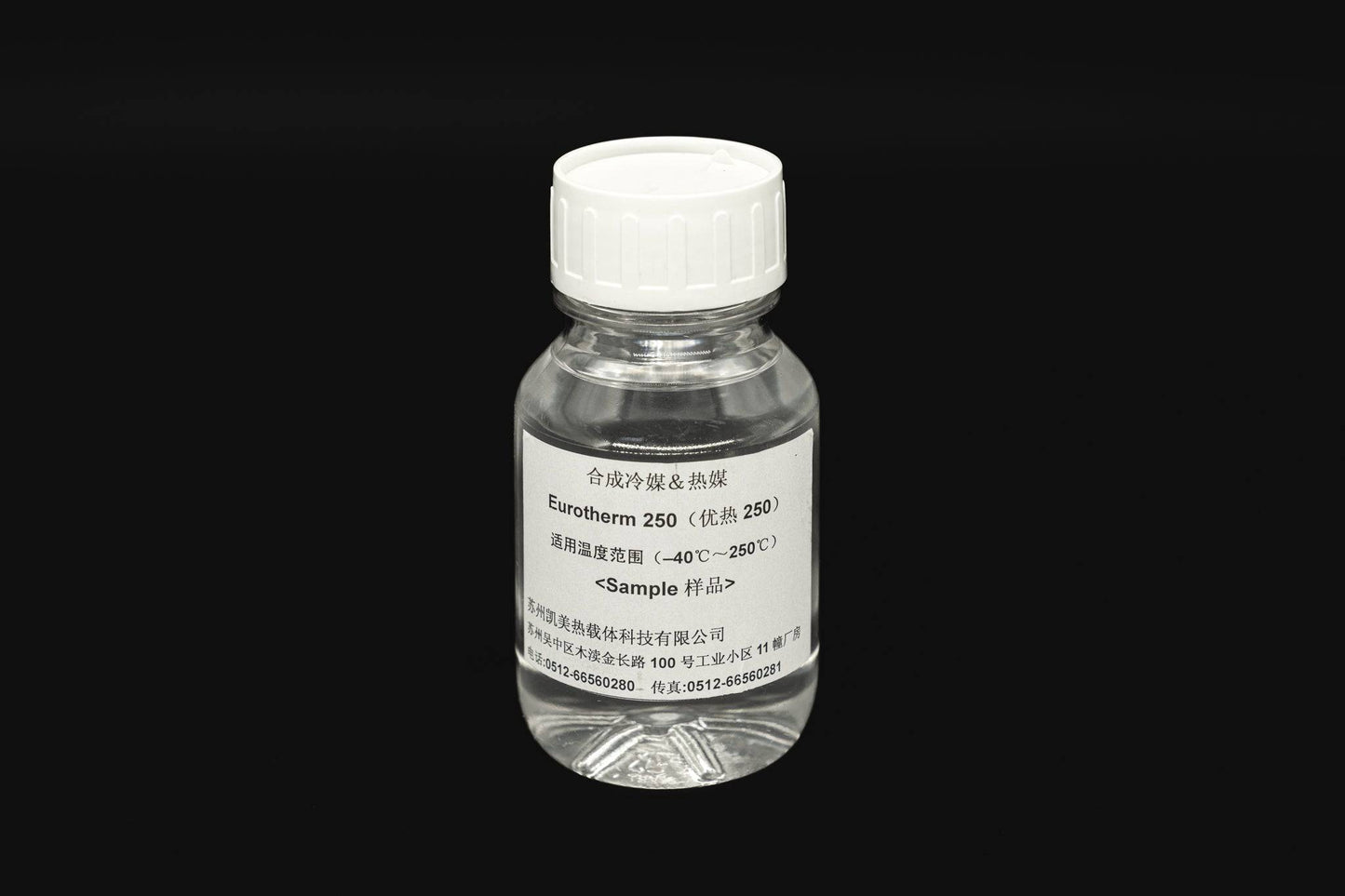Picking the Right Heat Transfer Fluid for Your Business: Key Considerations
Picking the Right Heat Transfer Fluid for Your Business: Key Considerations
Blog Article
Why Picking the Right Heat Transfer Fluid Is Essential for Optimal System Performance
Picking a suitable warmth transfer fluid is a crucial decision that can significantly impact system efficiency and operational prices. As the implications of this selection extend much beyond prompt efficiency, comprehending the subtleties of fluid choice comes to be necessary for any individual looking to attain optimal system effectiveness.
Relevance of Heat Transfer Fluids
What role do heat transfer liquids play in commercial processes? Heat transfer fluids are necessary for the reliable transfer of thermal power within numerous commercial systems.
The selection of warmth transfer fluid can considerably affect energy tools, safety and security, and effectiveness durability. Fluids must can withstanding high temperature levels and stress without weakening, along with exhibition very little volatility and low poisoning. Their efficiency directly impacts not only the productivity of the system yet additionally its operational costs.
In addition, warmth transfer fluids play a crucial role in keeping procedure control, making sure that temperature variations are lessened. This is particularly vital in delicate applications such as pharmaceuticals and petrochemicals, where accurate temperature administration is essential. In general, the importance of choosing the best heat transfer liquid can not be overstated, as it is important to optimizing commercial processes and boosting overall system efficiency.
Secret Characteristic to Take Into Consideration
When choosing a warmth transfer fluid, which vital buildings should be prioritized to make sure optimal performance? Thermal conductivity is crucial; a liquid with high thermal conductivity will successfully transfer warm, decreasing power loss. Additionally, the certain warmth capacity of the fluid is crucial, as it determines exactly how much power the liquid can release and keep, impacting overall system responsiveness.
Viscosity is one more substantial home to take into consideration, as it affects the liquid's flow characteristics; lower viscosity fluids are typically liked for less complicated circulation and decreased pumping energy. The fluid's temperature variety is similarly crucial; it needs to execute successfully within the operational temperatures of the system without degrading or vaporizing.
Take into consideration the ecological effect and safety account of the fluid, as laws and sustainability objectives progressively affect fluid option. By focusing on these crucial properties, one can choose a heat transfer liquid that improves system durability and integrity.

Effect On System Performance
The choice of warm transfer liquid directly influences system performance, impacting both energy consumption and functional performance. A fluid's thermal conductivity, viscosity, and warm capacity play critical functions in how effectively it transfers warm within a system. Optimal liquid properties make certain that warmth is taken in and distributed efficiently, lessening energy losses and boosting the general performance of the system.

Furthermore, the compatibility of the liquid with system materials can considerably impact efficiency. A fluid that triggers corrosion or degradation can bring about leaks and system failures, better diminishing effectiveness. In recap, the appropriate he said warm transfer fluid not just maximizes energy performance and lowers expenses yet likewise boosts the integrity and durability of the system, making it a vital consideration for engineers and decision-makers in thermal management applications.
Typical Sorts Of Heat Transfer Fluids
A selection of warmth transfer liquids are frequently employed in thermal management systems, each with distinctive residential find out properties suited to details applications. Water is one of one of the most extensively utilized heat transfer liquids due to its high details warm capability, inexpensive, and availability. Nevertheless, its freezing factor limits its use in low-temperature applications.
Thermal oils, often acquired from petroleum, are one more prominent choice, particularly in high-temperature systems. These liquids can operate at elevated temperatures without vaporizing, making them excellent for industrial applications. However, they might have constraints worrying thermal stability.
Refrigerants, utilized mostly in cooling down systems, have unique thermodynamic residential or commercial properties that allow for reliable heat transfer at reduced temperatures. Their option is important to ensure effectiveness and compliance with environmental guidelines.

Furthermore, phase adjustment materials (PCMs) are acquiring traction for their capacity to absorb and release substantial amounts of warmth during stage shifts, supplying a distinct remedy for thermal energy storage. Each fluid's specific attributes must be examined for optimum efficiency.
Finest Practices for Option
Selecting the suitable warm transfer fluid includes careful factor find more info to consider of a number of key factors that line up with the details requirements of the application. Second, take into consideration the liquid's thermal conductivity, which affects heat transfer prices; greater thermal conductivity generally leads to boosted performance.
In addition, evaluate the fluid's thickness, as it affects pumping power and overall system performance. Reduced viscosity liquids generally minimize power intake during circulation. Compatibility with system products is one more essential aspect; make sure that the liquid does not cause rust or destruction of parts and pipes.
Following, consider the liquid's security and longevity, particularly in high-temperature applications. A steady liquid decreases maintenance and substitute expenses. Ecological and safety policies should assist your option procedure, stressing eco pleasant and safe alternatives when possible.
Conclusion
In conclusion, selecting the ideal warm transfer fluid is necessary for attaining ideal system performance. The ideal liquid enhances thermal conductivity, lowers energy losses, and promotes equipment longevity, eventually leading to enhanced system integrity and efficiency.
Warmth transfer fluids are crucial for the efficient transfer of thermal energy within different commercial systems. Additionally, the details warm capability of the liquid is important, as it establishes exactly how much power the liquid can release and save, affecting total system responsiveness.
Consider the environmental influence and safety profile of the fluid, as guidelines and sustainability objectives significantly affect liquid choice - heat transfer fluid. A fluid's thermal conductivity, thickness, and warmth capability play crucial duties in exactly how efficiently it transfers heat within a system. Water is one of the most extensively utilized warm transfer fluids due to its high details warm ability, low cost, and accessibility
Report this page